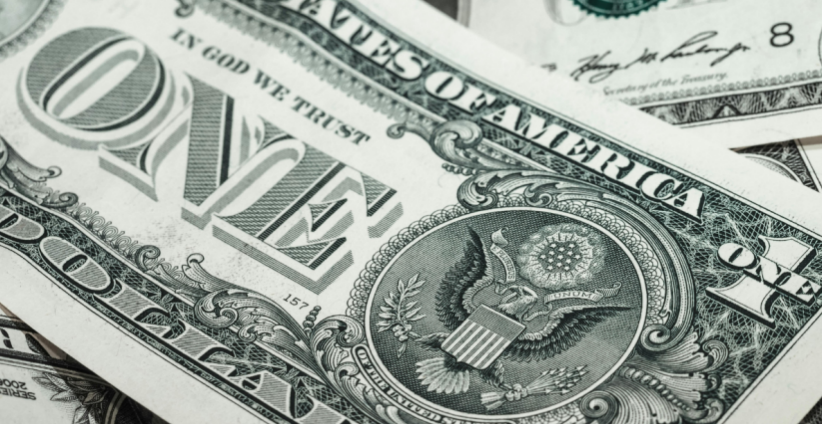How Investors Place Claims on Natural Disasters Using Catastrophe Bonds
It's typically terrible news when a storm, earthquake, or wildfire occurs. However, there are investors in the financial sector who actually risk on catastrophes, and occasionally they earn highly.
It may sound unusual, but catastrophe bonds—often referred to as catastrophe bonds—are the mechanism by which this occurs.
These special bonds let insurance companies manage enormous risks while offering investors the chance to make bigger gains.
Let's talk about the dangers of buying catastrophe bonds, how they work, and the motivations behind them.
What Are Catastrophe Bonds?
One type of security that is connected to insurance is a catastrophe bond.
In order to raise funds in the event of a major crisis, governments or insurance companies usually organize them.
Here’s how they work:
Investors buy the bond and receive high interest payments.
If no disaster happens during the bond’s term (usually 3–5 years), investors get their money back, plus interest.
Investors lose some or all of their money if an accident occurs because it is used to settle insurance claims.
You are essentially investing that no significant disaster will occur, making it a high-risk, and high-reward kind of investment.
Why Investors Are Attracted to Catastrophe Bonds?

The Reasons behind Investor Interest in Catastrophe Bonds
1. High Returns
Cat bonds usually offer much higher yields compared to regular bonds.
The extra risk that investors take is rewarded.
2. Diversification
Cat bonds are not tied to stock market ups and downs.
A big storm in Florida isn’t related to a market crash on Wall Street.
This makes cat bonds a good way to diversify a portfolio.
3. Helping the Insurance Industry
It is easier for insurance firms to pay for significant losses during a disaster when investors help spread financial risks.
Risks of Catastrophe Bonds

While cat bonds can offer big rewards, they come with serious risks:
Total Loss Possible: If a disaster triggers the bond, investors might lose all their invested capital.
Complex Terms: Cat bonds are often tied to very specific conditions it’s critical to thoroughly read the fine print.
Limited Liquidity: Cat bonds aren’t as easy to buy or sell as regular stocks or bonds. You may need to keep them till you reach maturity. This type of investment is usually recommended only for experienced investors who understand the risks.
Who Should Consider Catastrophe Bonds?
- Sophisticated investors looking for high yields
- People wanting to diversify beyond traditional assets
- Those who are willing to take on more risk in exchange for maybe greater returns
Cat connection aren't for everyone, but if you know what you're doing and are okay with losing them, they can be a useful tool.
Final Thoughts
An interesting combination of real-world danger and finance is found in catastrophe bonds.
They provide investors with the opportunity to generate amazing returns and insurance firms with a means of surviving catastrophic events. But with great reward comes great risk.
If you’re thinking about cat bonds, make sure you fully understand the dangers, and be ready for unexpected outcomes. One of the few investments in which Mother Nature has the last say is this one!
(Writer:Tommy)






